Valuable videos
Systematic analysis of video clips is better than questionnaires are at assessing repetitive movements in children with autism, says Sylvie Goldman.
From funding decisions to scientific fraud, a wide range of societal factors shape autism research.

Systematic analysis of video clips is better than questionnaires are at assessing repetitive movements in children with autism, says Sylvie Goldman.
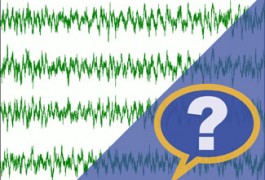
An imbalance in the excitatory and inhibitory signaling between neurons seems to play a critical role in autism. What can we do with that information?
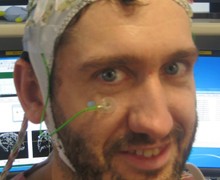
Researchers must use better measures to show that experimental and control groups are well matched, says Jon Brock.
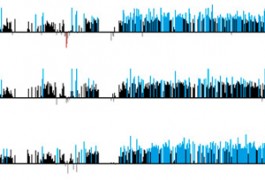
Small regions of DNA that are structurally prone to deletions and duplications are unlikely to play a major role in autism, according to research published 7 February in the American Journal of Human Genetics.
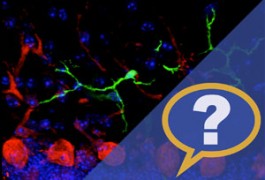
In December, SFARI brought together a group of scientists studying the connection between microglia and autism. These scientists are trying to delineate the next steps for this emerging field. Join the conversation.
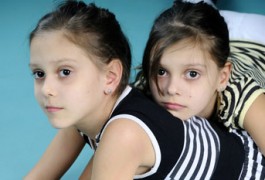
A comparison of autism-like behaviors in nearly 10,000 pairs of fraternal twins suggests that girls are somehow protected from the disorder. The findings, published 19 February in the Proceedings of the National Academy of Sciences, may partly explain why autism is four times more common in boys than girls.
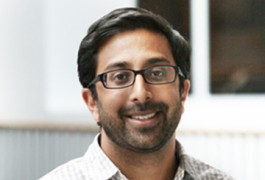
Watch the complete replay of Vikaas Sohal’s webinar on abnormal neural circuits in autism. Submit your own follow-up questions.
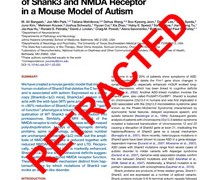
The SHANK3 mouse model described in a 2011 Cell paper that was retracted 17 January is still worth studying, says Alan Packer.

How can we design cheaper, faster diagnostics that are as reliable as the gold-standard tools?